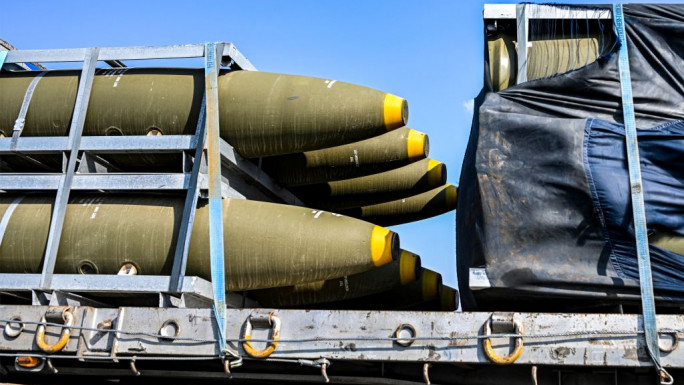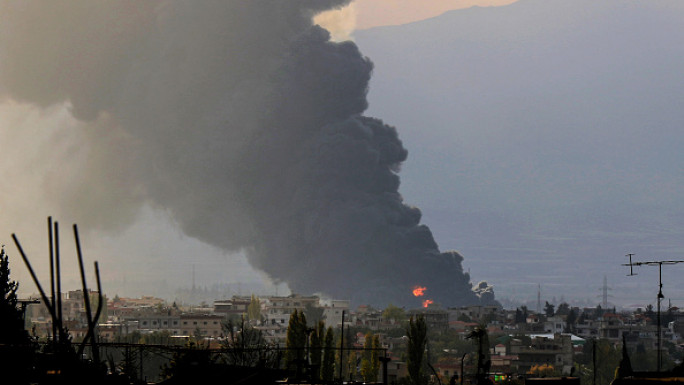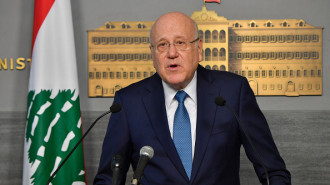'False promises and destruction': Few tears in Iraq for 'occupier' Rumsfeld
Iraqis responded Thursday with a mixture of bitterness and indifference to the death of Donald Rumsfeld, former US defence secretary and architect of the 2003 invasion of their country.
"I'm not saddened by the death of an occupier," said Saad Jabbar, a transport ministry employee, a day after Rumsfeld's family announced his death at the age of 88.
The US "left us nothing but memories of occupation and destruction".
Overseeing the US military for most of George W. Bush's presidency, Rumsfeld led the charge into devastating wars in Iraq and Afghanistan following the September 11 2001 attacks on New York and the Pentagon.
The Iraq invasion, based on false claims that Baghdad had weapons of mass destruction, removed dictator Saddam Hussein, and Washington promised it would bring democracy and freedom to the region.
#Rumsfeld oversaw the US invasion of #Afghanistan and the 2003 overthrow of Saddam Hussein in #Iraqhttps://t.co/7Tu2KpSBig
— The New Arab (@The_NewArab) July 1, 2021
In reality it sparked years of sectarian violence and led to the emergence of the jihadist Islamic State group.
"I don't think history will look kindly at them (Rumsfeld and Bush) because of the catastrophes they caused, including to the Iraqi people," said a tribal leader from Iraq's Anbar province who asked not to be named.
Rumsfeld famously dismissed widespread looting after US troops captured Baghdad by quipping that "stuff happens".
Washington's failure to commit enough troops to secure the country and the dismantling of the Iraqi army became viewed as central mistakes, leading to a bloody sectarian civil war.
Between 2003 and 2011 - when the bulk of US forces were withdrawn - more than 100,000 civilians were killed, according to the organisation Iraq Body Count.
"Rumsfeld didn't give anything to Iraq except for destruction and empty promises," said Karim al-Tamimi, a Baghdad taxi driver.
"Where's the democracy and the better living conditions they promised to Iraqis? Our lives went from bad to worse."
Rumsfeld long defended the invasion. But in his memoir, "Known and Unknown," he regretted that Bush did not accept his resignation after pictures emerged in 2004 of abuse in Baghdad's Abu Ghraib jail under US control.
For Iraqi Communist Party chief Raed Fahmi, Rumsfeld "represents the imperialist face of the US, in its most horrible form".
"Rumsfeld was one of those who pushed Iraq into the state it is in today."





 Follow the Middle East's top stories in English at The New Arab on Google News
Follow the Middle East's top stories in English at The New Arab on Google News


